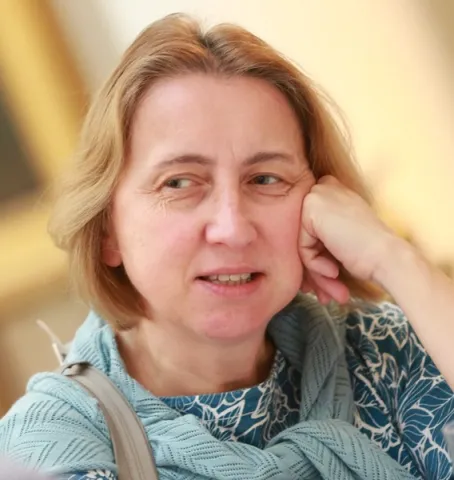Project overview
Planet Possibility – with its aim of improving diversity among physicists – is the first initiative funded by the Institute of Physics’ Challenge Fund (https://www.iop.org/strategy/challenge-fund#gref).The consortium partners include the University of Southampton, the University of Birmingham, The Blair Project, Future First and AllAboutGroup, and boast vast experience in the areas of diversity, inclusion, engaging with young people, STEM and specifically physics, careers and digital projects.
Planet Possibility will in turn help the partners to build upon their vast experience in diversity, inclusion and engaging and inspiring young people with STEM subjects and careers.
The project will challenge some of the misconceptions and stereotypes that put some young people off studying and taking up careers in physics, and address the fact that others are denied the opportunity to study physics due to the prejudice and stereotypes that they experience because of who they are, based on their gender, ethnicity, their sexual orientation, their disability or their social background.
Planet Possibility will build networks of students interested in physics in schools, colleges and universities; give more young people access to physics specialists and role models; support teachers to teach physics in engaging and inclusive ways; encourage and develop talent; and promote awareness of physics-related careers.
Underpinned by a bespoke digital platform, the consortium plans to expand its reach through events, webinars, content, games, guides, jobs, work experience, mentoring and other tools and channels to help create a flourishing physics community.
We are offering bespoke, one-to-one support to our Physics and Astronomy undergraduates in finding a summer placement opportunity tailored to their specific needs. This includes the work pattern and skills required for the placement, as well as tailored support in locating placements in specific industries.
‘The challenges that the neurodiverse community in Physics face are not in any way negligible. Engaging in placement activities with industry, in a fast-paced commercial setting which, while helping to address many skills gaps, is not often an activity that the community wants to, or feels able to engage with. Working as part of a consortium through Planet Possibility to embrace challenges at many different levels, and to share skills and expertise that each partner brings respectively to the table, will go a long way in changing current mind-sets, facilitating access to opportunities, free of barriers and ensuring that inclusivity is very firmly placed on the Physics agenda.’
Professor Malgosia Kaczmarek, Professor of Physics and Astronomy
Planet Possibility will in turn help the partners to build upon their vast experience in diversity, inclusion and engaging and inspiring young people with STEM subjects and careers.
The project will challenge some of the misconceptions and stereotypes that put some young people off studying and taking up careers in physics, and address the fact that others are denied the opportunity to study physics due to the prejudice and stereotypes that they experience because of who they are, based on their gender, ethnicity, their sexual orientation, their disability or their social background.
Planet Possibility will build networks of students interested in physics in schools, colleges and universities; give more young people access to physics specialists and role models; support teachers to teach physics in engaging and inclusive ways; encourage and develop talent; and promote awareness of physics-related careers.
Underpinned by a bespoke digital platform, the consortium plans to expand its reach through events, webinars, content, games, guides, jobs, work experience, mentoring and other tools and channels to help create a flourishing physics community.
We are offering bespoke, one-to-one support to our Physics and Astronomy undergraduates in finding a summer placement opportunity tailored to their specific needs. This includes the work pattern and skills required for the placement, as well as tailored support in locating placements in specific industries.
‘The challenges that the neurodiverse community in Physics face are not in any way negligible. Engaging in placement activities with industry, in a fast-paced commercial setting which, while helping to address many skills gaps, is not often an activity that the community wants to, or feels able to engage with. Working as part of a consortium through Planet Possibility to embrace challenges at many different levels, and to share skills and expertise that each partner brings respectively to the table, will go a long way in changing current mind-sets, facilitating access to opportunities, free of barriers and ensuring that inclusivity is very firmly placed on the Physics agenda.’
Professor Malgosia Kaczmarek, Professor of Physics and Astronomy




